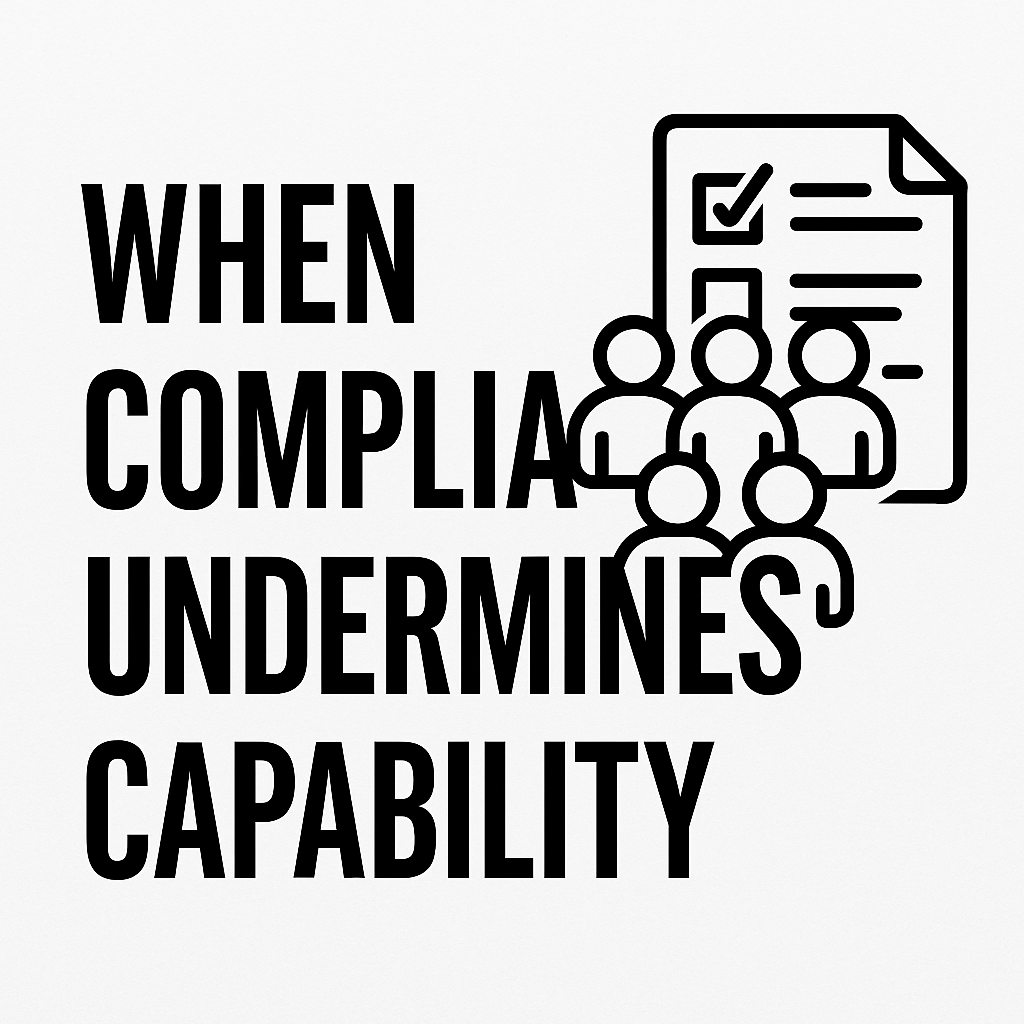In modern societies, rules, laws, and procedures are essential for justice, transparency, and equity. But what happens when those same rules drift away from their purpose and start undermining effectiveness?
The Greek Case: Public Sector Projects and Team Composition
In Greece, forming project teams for public calls is a bureaucratic balancing act of regulatory correctness, where selection is driven by:
- Minimum years of experience
- Formal degrees and certifications
- Eligibility categories and equivalency rules
- Regional/geographic criteria or quotas
The result?
- Teams that tick all the legal boxes—but do not function.
- Structures with no synergy, cohesion, or operational viability.
- Delays, internal conflicts, or token participation in critical initiatives.
A Global Pattern: Legal Compliance vs Real Efficiency
This issue extends well beyond Greece. In the U.S. and other Western systems:
- Organizations form teams based on diversity, legal, or policy frameworks.
- Structures are built to comply, not to perform.
The outcome is often symbolic teams—compliant on paper, ineffective in practice.
The Great Contradiction
The spirit of regulation is often noble: fairness, inclusion, transparency.
But implementation often leads to:
- A system where no one is excluded, but nothing gets done.
- Staffing based on rulebooks, not problem-solving.
- Projects that are institutionally correct but functionally flawed.
Time for a Reset?
The real question isn’t whether rules are needed. It’s: Who are the rules truly serving—the process or the outcome?
A smarter approach might include:
- Dual assessment: formal qualifications and team cohesion potential
- Evaluation of soft skills and past collaboration history
- Justified deviations allowed if proven to improve effectiveness
Conclusion
When compliance becomes an end in itself, the result often deviates drastically from the original intent.
Compliance is necessary—but it’s not enough. What ultimately matters is whether the project works. And to work, it needs capable people, not just “legally acceptable” ones.



